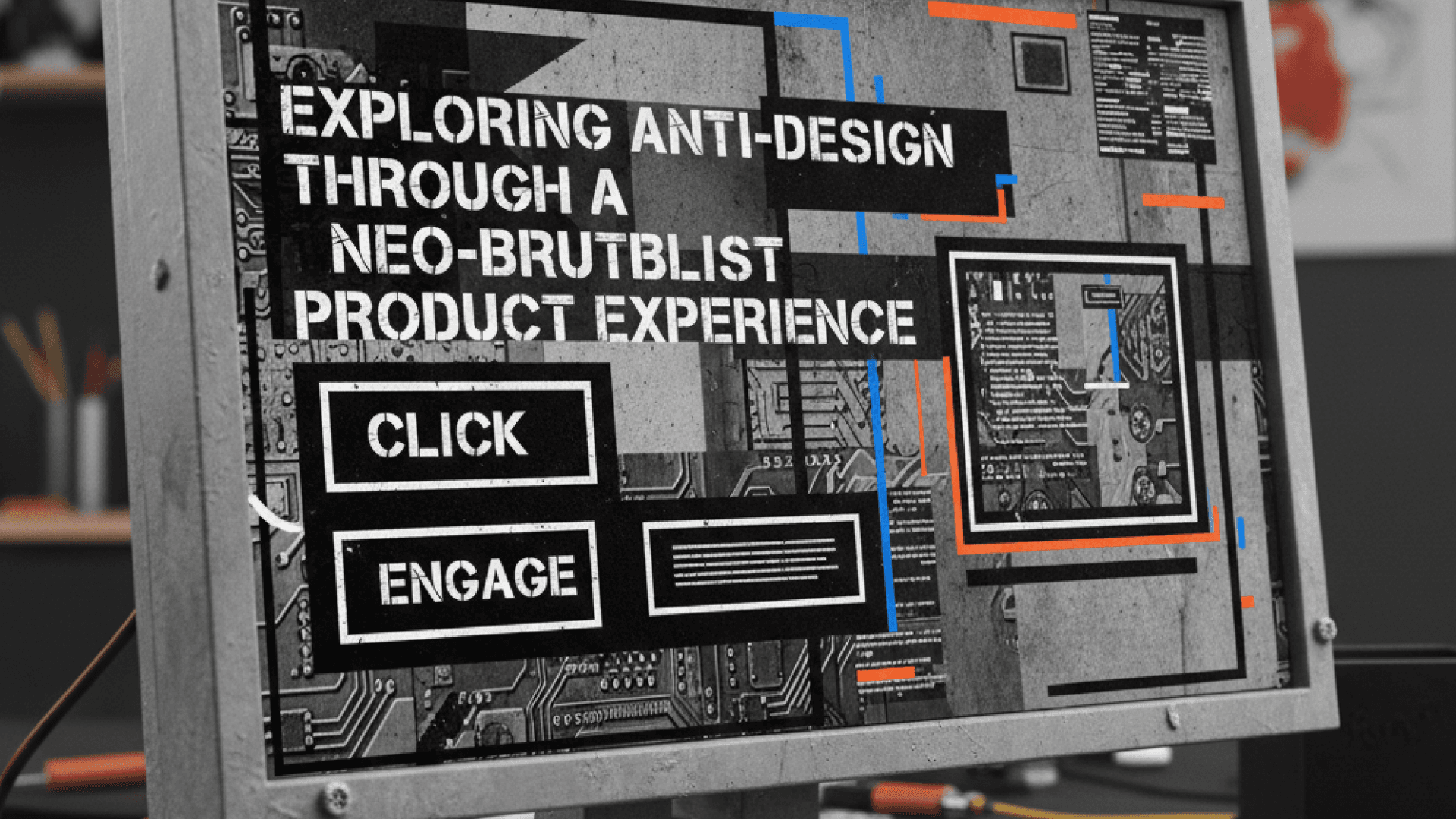Table of Contents
10 Must-have Healthcare Software Features for Your Telemedicine App
Author

Date

Book a call
Introduction
Telemedicine has become an essential part of healthcare delivery, especially in a post-pandemic world. With telemedicine, patients can remotely consult with healthcare professionals and receive medical care from the comfort of their homes. While the popularity and usage of telemedicine apps have increased over recent years, healthcare providers need to ensure that their app has the necessary features to offer the best possible care for their patients.
A Look at Some Essential Features for Your Telemedicine App
Let us delve into ten must-have healthcare software features for your telemedicine app:
Secure Communication:
Privacy and security are foremost when it comes to telemedicine. It is important that your app not only has end-to-end encryption for all communications, but also that it implements other security measures such as secure login and password protection, firewall protection, and regular software updates to address any security vulnerabilities that may arise. Additionally, it is important to ensure that patients are informed of the privacy policies and security measures in place and that they have control over their own data. This can be done through the implementation of user-friendly privacy controls, such as the ability to opt-in or opt-out of data sharing, and the provision of clear and concise privacy policies that are easily accessible within the app. By prioritizing privacy and security, you can build trust with your patients and ensure that their sensitive information is protected at all times.
Easy Appointment Scheduling:
Appointment scheduling enables patients to book appointments with healthcare professionals remotely. This is beneficial for those with busy schedules or mobility issues. Furthermore, appointment scheduling guarantees that patients receive timely medical care.
Creating a user-friendly appointment scheduling system should be a top priority. Patients should be able to easily schedule appointments, receive reminders, and cancel or reschedule appointments according to their convenience.
Video conferencing:
Video conferencing is crucial in telemedicine apps, as it allows healthcare professionals to remotely consult with patients, diagnose certain conditions, and provide medical care and advice. To ensure effective communication, the app must have reliable and high-quality video and audio, as well as be easy to use. Incorporating video conferencing can save time and reduce costs for both patients and healthcare providers, especially those in remote areas. However, privacy regulations must be followed to protect patient information, which can be achieved through end-to-end encryption and multi-factor authentication. Prioritising reliability, quality, and ease of use are essential in incorporating video conferencing into a telemedicine app, ensuring that patients receive medical care and advice regardless of their location.
Real-time Chat:
Real-time chat is a crucial and highly valued feature for healthcare providers and patients. It enables quick and efficient communication, especially for non-urgent queries, clarifications, and follow-up questions. Chat option allows patients to communicate with healthcare professionals without the need for a video call, making it an easier and more accessible option. Healthcare professionals can use the chat feature to share documents or images that can aid in diagnosis or treatment. By incorporating real-time chat into telemedicine apps, healthcare providers can offer a convenient way for patients to communicate with them, increasing accessibility, efficiency, and accuracy of communication.
Prescriptions management:
Prescription management systems are highly beneficial for healthcare professionals. They save time and reduce errors by allowing remote prescribing. Patients with regular medication needs or minor health conditions benefit greatly from this feature, especially those who have difficulty visiting a healthcare professional in person. Prescription management systems ensure patients receive the correct medication and dosage, which is crucial for their health and well-being. These systems also allow healthcare professionals to monitor medication use and adjust dosages as needed to ensure optimal treatment. Overall, prescription management systems are an invaluable tool for healthcare professionals and patients, providing a convenient and effective way to manage medication and ensure optimal health outcomes.
Electronic Health Records (EHRs)/ Electronic Medical Records (EMRs):
Electronic health records (EHRs) are essential for healthcare professionals to access patient medical records remotely, aiding in the continuity of care, diagnosis, and treatment. To achieve this, your telemedicine app must have a user-friendly EHR feature that allows healthcare providers to review a patient's medical history, past diagnoses, medications, allergies, and treatments. This feature will provide healthcare providers with a complete picture of the patient's medical history, enabling informed decision-making.
Notification Management:
The app needs a reminder system to notify patients of upcoming appointments. Patients should receive reminders via SMS, email, and push notifications. Push notifications allow healthcare professionals to send reminders or notifications to patients about appointments, medication, or other important information. This feature can be helpful in ensuring that patients receive timely medical care and follow-up.
Analytics and Reporting:
Analytics and reporting are essential for healthcare providers. They provide valuable insights into patient behavior, usage patterns, and satisfaction, improving the app and, in turn, patient care quality. With these analytics, you can track patient data remotely, identify trends, predict needs, and tailor services to meet specific requirements. Telemedicine analytics also aid in regulatory compliance and risk management by efficiently managing patient data. Implementing telemedicine analytics delivers high-quality care and meets patient needs.
Payment processing:
A secure payment processing system is essential for your telemedicine app. Patients should be able to make payments easily and conveniently. This can include the acceptance of various payment methods, such as credit cards and online payment services. However, payment processing is not just important for the patient’s convenience. It also ensures that healthcare professionals receive timely payment for their valuable services. Moreover, a secure payment processing system can help to build trust between patients and healthcare professionals, which is crucial in the field of telemedicine. Patients will feel more confident using your app if they know that their payments are secure and that healthcare professionals are being compensated fairly for their services. Therefore, it is important to carefully consider the payment processing system for your telemedicine app to ensure that it meets the needs of both patients and healthcare professionals.
Multilingual support:
Multilingual support is essential for healthcare professionals to communicate with patients who speak different languages. This feature allows healthcare providers to offer medical care and advice to patients in their native language, building trust and understanding. Multilingual support also reduces the risk of miscommunication due to language barriers. Therefore, healthcare providers should offer this service to ensure that patients receive the best possible care and support.
Why Choose GeekCare Healthcare App?
Telemedicine apps have become an essential part of healthcare delivery, and healthcare providers must ensure that their app has the necessary features to ensure the best possible care for their patients. Secure communication, appointment scheduling, video conferencing, chat functionality, EHR/EMRs, prescription management, payment processing, notifications management, multilingual support, and analytics and reports are ten must-have healthcare software features in your telemedicine app.
If you are looking to develop a comprehensive healthcare solution that offers all of these features, you can consider using the GeekCare healthcare app. Designed for patients and doctors, GeekCare simplifies and makes medical care management easily accessible. Features that make GeekCare stand out are:
- Easy to use for all
- Packed with helpful features
- Customizable
- Lag and glitch-free
With features such as easy bookings and cancellations for online or offline consultations, secure transactions and payments, prescription-sharing facility, dashboard access, video call and chat features, data privacy protection, and more, the GeekCare healthcare app is a one-stop solution for all your medical queries and requirements.
Interested in digitally enhancing your healthcare business with us? Check out our healthcare solutions page here.





